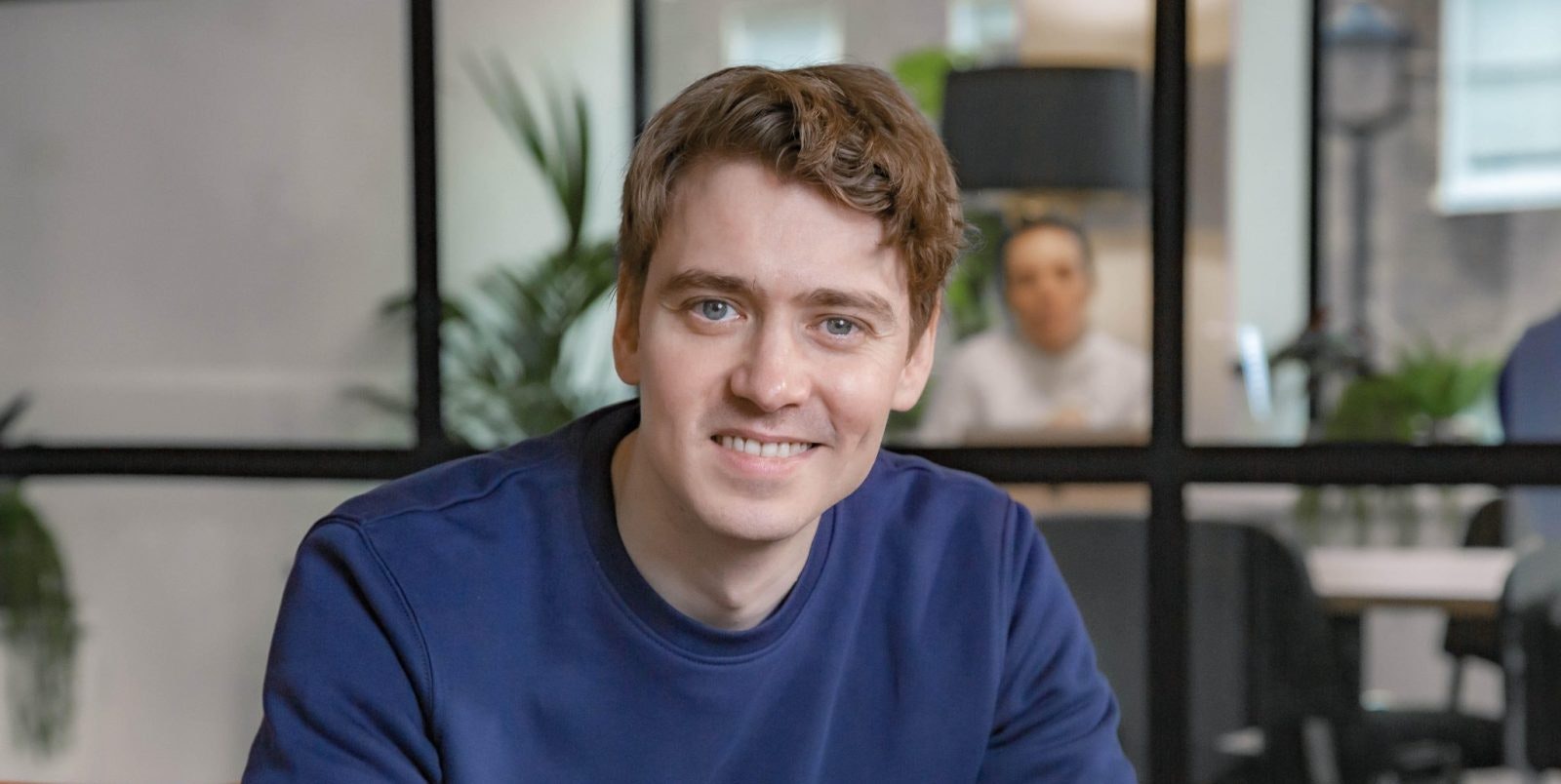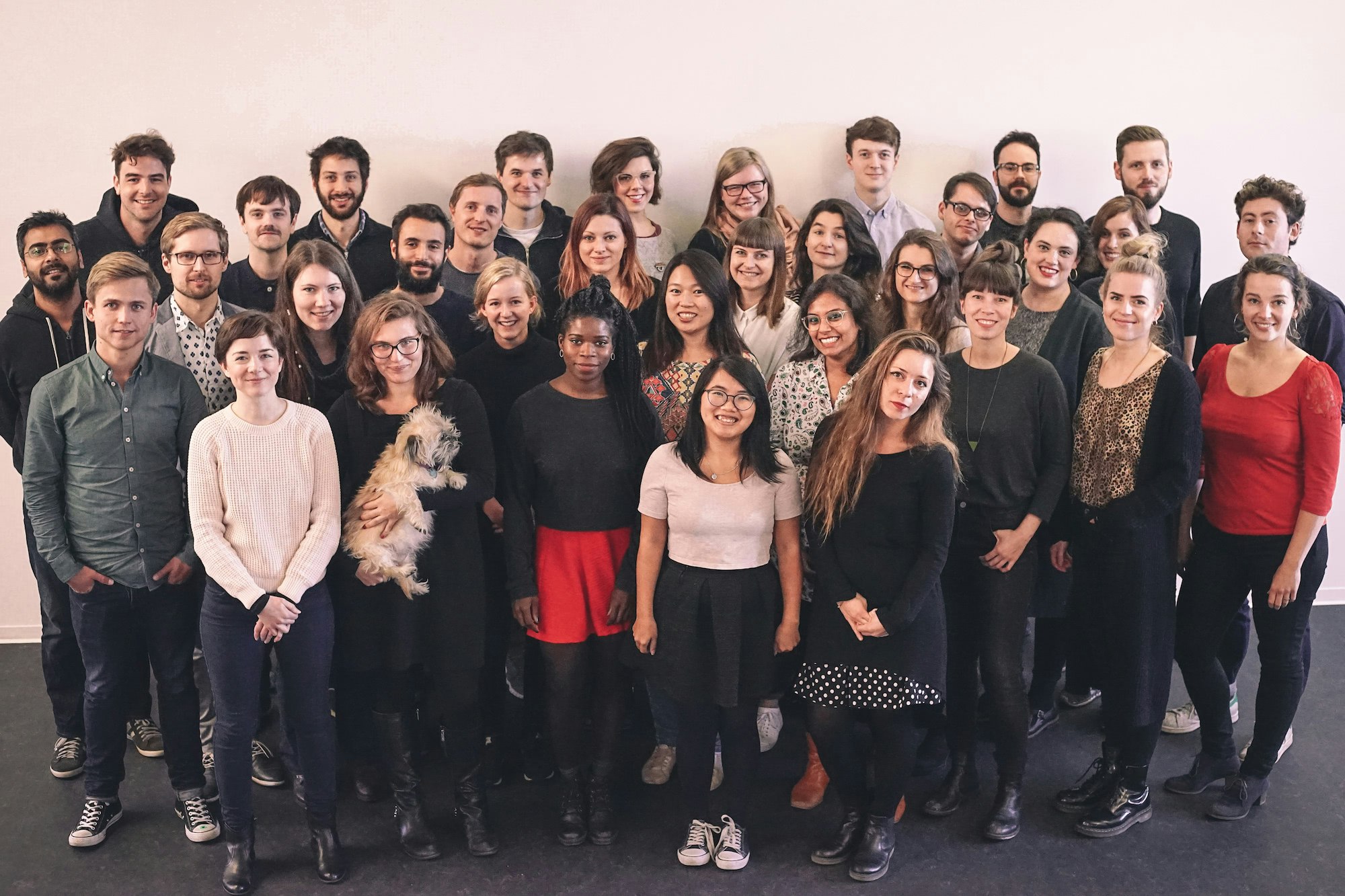Fundraising may be hard for many scaleups at the moment, but online tutoring platform GoStudent has bucked the trend by bagging a new round of $95m, split between debt and equity.
GoStudent is one of just six unicorns in Austria and one of four private edtech unicorns in Europe — and it's had a successful few years, since Covid-19 took students out of classrooms and into online learning environments. The platform matches students to tutors who teach classes across 30 subjects, from language learning to mathematics.
Across 2021 and 2022, the Vienna-based company picked up over €500m in funding; last summer it expanded its marketplace to 16 new countries, including Canada and Mexico, and opened 19 international office locations.
This round is emblematic of the tricky funding environment — the equity portion of the round was provided by existing investors Left Lane Capital, DN Capital, Tencent, Prosus, DST, Coatue and Softbank Vision Fund 2. Many startups and scaleups have preferred to raise from existing investors at present instead of potentially having to agree to tougher terms from new investors.
In addition, the equity was raised as convertible equity, which does not need to be repaid and does not accumulate interest. Like a convertible note (debt that later converts to equity if not paid back) it has the advantage of eliminating the need to decide a new valuation (convenient when late-stage valuations have fallen over 70%); a GoStudent spokesperson says no new valuation had been assigned for this new round. Its last round valued it at €3bn.
The debt portion was financed by Deutsche Bank. GoStudent declined to comment on the exact split of equity and debt.
CEO and cofounder Felix Ohswald acknowledges that the fundraising environment right now is “tough”, but that GoStudent managed to raise due to the company’s “strong business model with robust unit economics and a clear path to profitability", adding that the company is already profitable in its most mature market, the DACH region.
Hybrid learning
Part of the fresh funding will go towards creating on/offline hybrid learning solutions, according to Ohswald.
The pandemic caused society to switch to online learning “almost overnight”, which worked for some students, but not others, he says. “Now children have returned to the classroom, parents are better able to see which environment best suits their child, and many have observed that for some subjects, in person works better while for others, online, or one to one, learning is actually preferred.”
GoStudent, in partnership with Studienkreis, a German tutoring platform, plans to offer families based in Austria and Germany packages tailored to the child’s individual learning style. These will include one-to-one online tutoring, group offline lessons and sessions via GoVR, GoStudent’s newly launched virtual reality platform designed to help students between 13-18 learn languages.
The idea is to make learning flexible, according to Ohswald: “If the preference is for offline tutoring, but the family is travelling for summer, one-to-one online lessons can be booked to ensure momentum is not lost. Or, if a child loves to learn English together with other children, but needs one-to-one support in mathematics, we can make this happen.”
AI-powered integrations
AI predictably fits very snugly into GoStudent’s vision of more personalised, and effective, online learning.
GoStudent plans to develop an AI lesson plan generator, trained on the local curriculum of each country, which it has calculated will save each of its 23k tutors an average of 15 minutes per lesson.
The company will also introduce AI-driven content to its platform, allowing students to teach themselves at home and so remain engaged with the subject matter between tutoring sessions. For example, the platform can set AI-generated quizzes that are automatically marked and shared with the tutor of parent, with areas of further improvement highlighted.
AI could also be used to tailor content to children's individual learning styles. If the platform sees students respond better to questions asked in a certain way, future learning content could be adapted to suit their needs.
The use cases for AI in education platforms are vast, say the founders. The global market size of the sector could reach $10bn-20bn by 2027.


